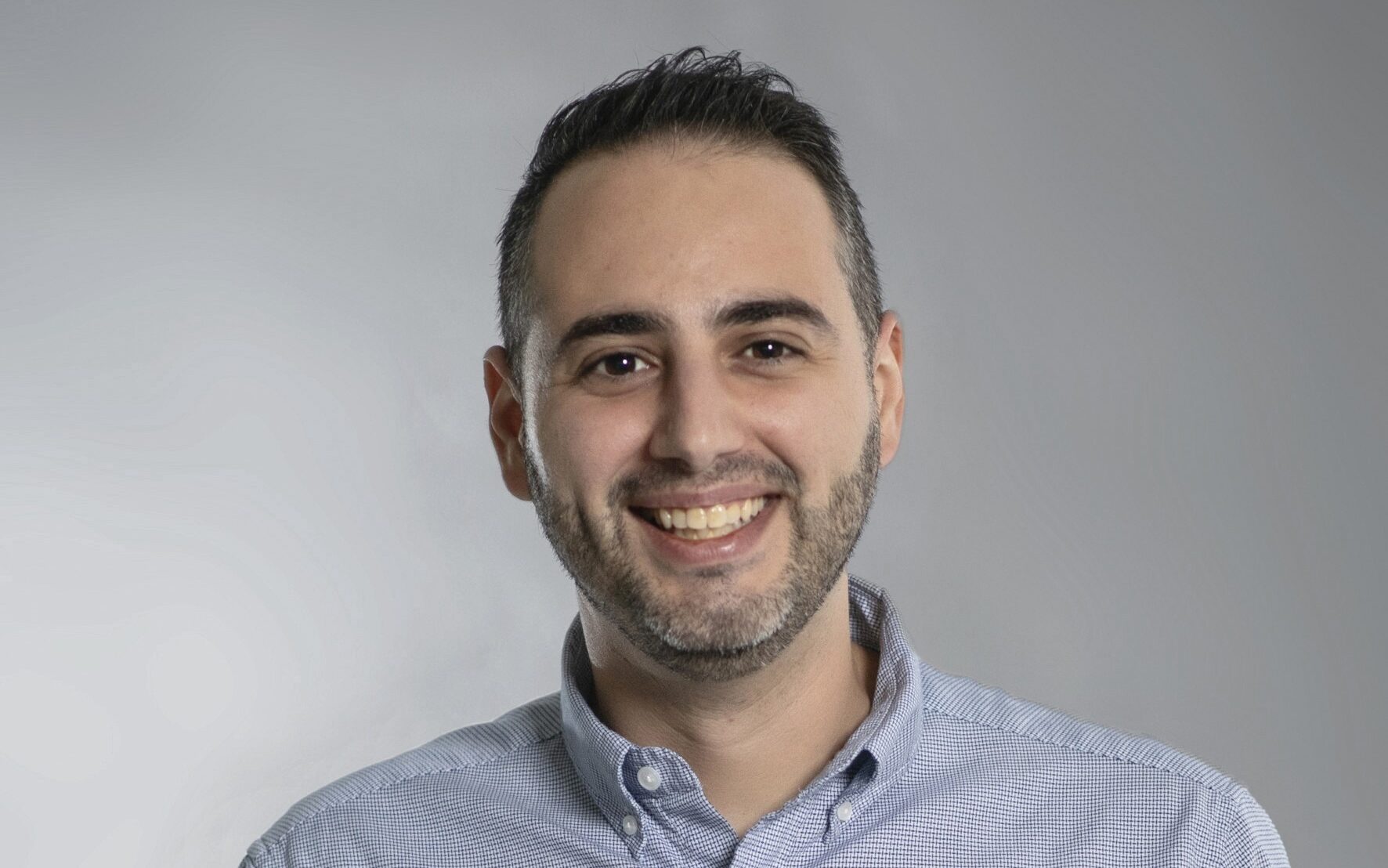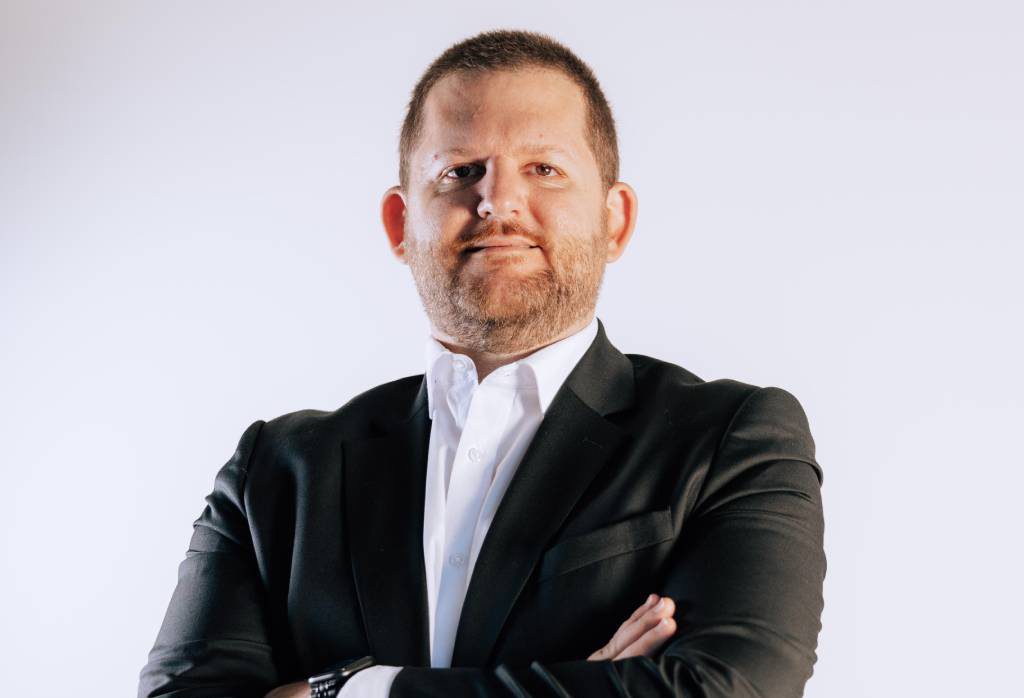Global HR and workforce management solutions provider UKG has unveiled three key megatrends that are expected to reshape how businesses operate and manage people in 2025.
Based on comprehensive research and insights from HR leaders across the world, the report offers a roadmap for organisations looking to navigate the coming year’s workforce challenges and seize emerging opportunities.
These trends aim to address ongoing issues such as labour shortages, declining employee engagement, and the integration of AI and other technologies into everyday business operations.
1. Rethinking how to attract talent
UKG warns that by 2030, up to 85.2 million jobs may remain vacant across the globe due to a growing shortage of skilled workers. This trend is being driven by several factors, including an ageing population, widening skills gaps, and shifting workforce expectations. To prepare for this, companies are encouraged to embrace skills-based hiring practices – placing greater emphasis on a candidate’s capabilities rather than past experience or job titles. Organisations should also look towards underutilised talent pools and commit to reskilling and upskilling existing staff to maintain long-term workforce resilience in the year ahead.
2. Driving deeper employee engagement
In a job market where more than half (53 per cent) of employees are open to new opportunities, the quality of the employee experience has never been more important. The report suggests that building a strong culture of trust, recognition, and career development will be essential to retaining high-performing staff. Traditional engagement surveys may no longer be enough – organisations should instead implement continuous feedback loops to stay attuned to employee needs. At the same time, introducing customised benefits packages and offering flexible work arrangements can help foster a more inclusive and empowering environment, enhancing innovation, morale, and overall performance.
3. Making AI work for people
With artificial intelligence continuing to influence the way businesses operate, UKG emphasises that the goal should be to use AI as a tool to support human decision-making, not replace it. As the technology becomes more widespread, organisations will need to go beyond surface-level adoption and instead focus on building workplaces where AI enhances collaboration and productivity. This includes ensuring that AI is used ethically, transparently, and in a way that complements human skills. The report advocates for a people-first approach to technology integration, positioning employees as collaborators in an AI-enabled future.
Commenting on the findings, Neil Pickering, Senior Manager HR Innovation at UKG, said: “The workplace in 2025 will demand not just agility but a radical rethinking of how we approach workforce challenges. With 39 per cent of UK workers considering changing jobs and the global skills gap still presenting barriers to productivity, organisations must prioritise both upskilling their teams and adapting to shifting employee expectations.”
These megatrends offer a valuable lens through which business leaders can begin to strategise for the year ahead – balancing innovation with empathy, and preparing for a future where both people and technology play critical roles in success.
Agora Estates welcomes Calvin Bartolo as new Non-Executive Director
This appointment follows the decision of Isabella Vella to step down from her role as Non-Executive Director.
Why Malta’s C-suite should close the year by reflecting with staff
Research shows its largely beneficial for a number of reasons
‘The goal is to position Malta as a key operational hub’: New AKJ FMG CEO
Speaking to MaltaCEOs.mt, Paul Magro outlines the company's strategic vision.
Inequality is a political choice: World’s top economists issue stark warning in World Inequality Report
Jayati Ghosh and Joseph E. Stiglitz say that the 2026 edition arrives 'at a critical time.'









